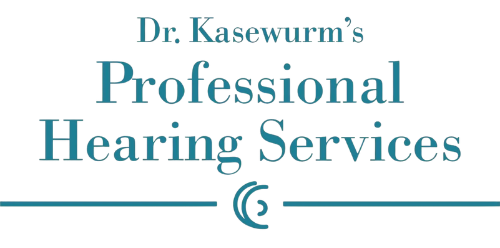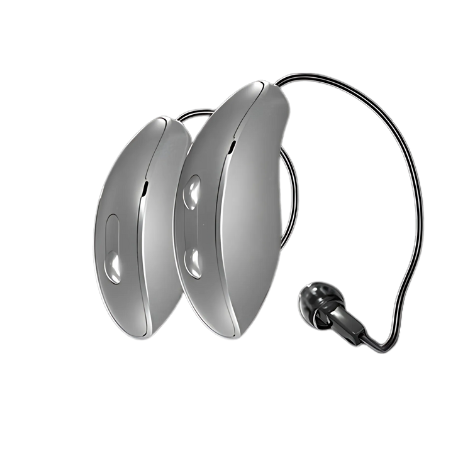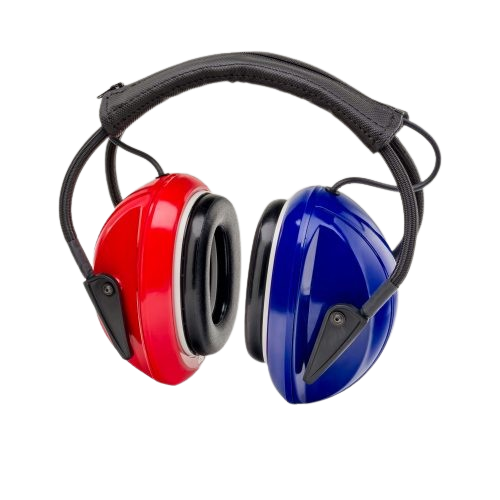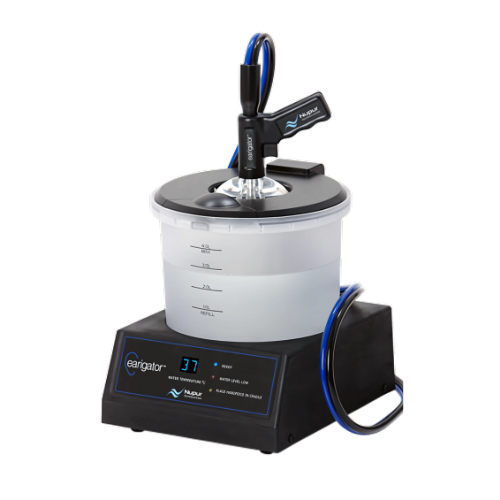What Our Patients Are Saying About Professional Hearing Services
Audiologists in St. Joseph, MI
We get it. Sometimes life goes speeding by so fast it seems like there’s hardly time to breathe. Little things get shoved to the side, until one day they become too big to ignore. That’s the way it is with hearing loss. Conversations get harder, particularly in crowded places. Your TV gets turned up louder and louder. And the sweet sounds of the natural world around you seem faded and more distant. We can help.
At Dr. Kasewurm’s Professional Hearing Services, we specialize in finding the perfect hearing solutions for people just like you. Our tailored approach combines advanced hearing testing, sophisticated technology and, most important, caring and experienced professionals dedicated to helping you get back what you have lost.
Forget everything you think you know about hearing loss and hearing technology. Thanks to the incredible advances we’ve made in recent years, hearing aids and assistive devices are less noticeable – and more powerful – than ever before. It’s your life: don’t wait one more day to reclaim all of the beautiful sounds that surround you. They’re still there, just waiting for you to take action. Call or text Dr. Kasewurm’s Professional Hearing Services for an appointment today!
Why Choose Dr. Kasewurm’s Professional Hearing Services?
Restoring your hearing is our passion — your satisfaction is our goal!
Here’s how we can help:
- Identify the root cause of your hearing loss
- Recommend the best treatment tailored to your hearing level, lifestyle, and budget
- Walk you through the benefits and drawbacks of different hearing aid types and brands
- Custom-fit and program your hearing aids for optimal performance
- Fine-tune and adjust them until they feel just right for you
Life Changing Testimonial from Deborah O’Connor
Get The BEST Hearing Test
Learn what a comprehensive hearing test includes and how this helps you know whether you would benefit from hearing aids.
Learn About The Latest Hearing Aids
We proudly offer the latest hearing aids from the world leaders in hearing aid technology.






